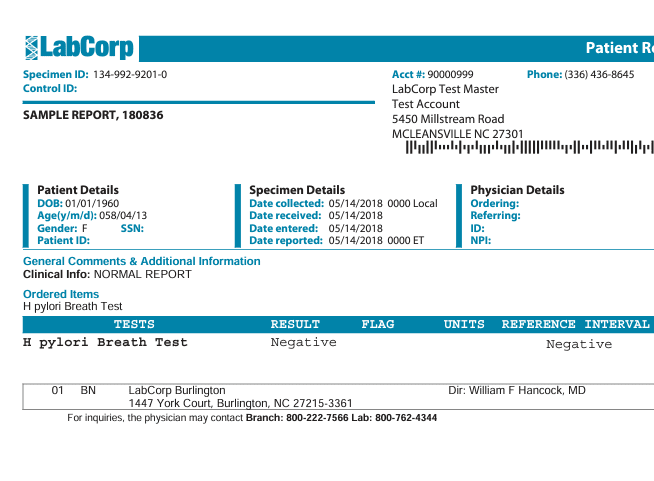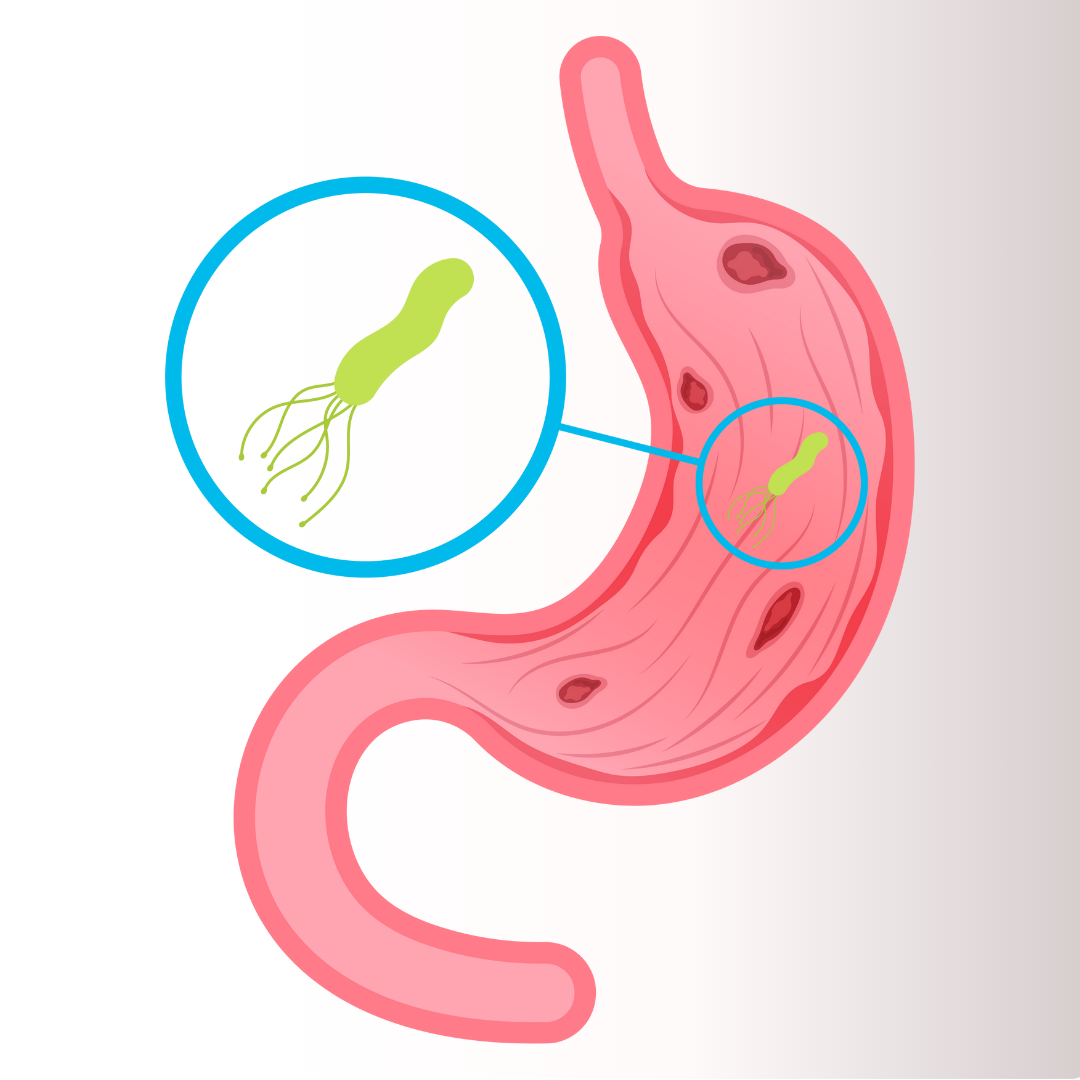NES Shop
H. Pylori Testing
H. Pylori Testing
Couldn't load pickup availability
What Is H. pylori Testing?
H. pylori is a common type of bacteria that can live in the stomach. While some people may not experience symptoms, imbalances involving H. pylori have been associated with digestive discomfort such as bloating, nausea, and occasional stomach upset.
H. pylori testing is used to check for the presence of this bacterium in the digestive system. Depending on your needs and your healthcare provider’s recommendation, testing can be done via breath, stool, blood, or biopsy methods.
What It’s For:
This test offers insights that may help explain ongoing digestive discomfort and provides useful information for individuals monitoring their gut health.
Potential Benefits:
- Supports better understanding of digestive symptoms
- Provides information for discussions with your healthcare provider
- Offers insight into microbial balance in the digestive tract
- Helps guide personalized gut health support strategies
Always consult your healthcare provider for diagnosis or treatment guidance.
Share


Key Insights About H. Pylori Testing

The most accurate non-invasive tests for H.pylori are the urea breath test and stool antigen test, both of which detect active infections. The breath test measures carbon dioxide levels after you ingest a urea solution, while the stool test checks for H.pylori proteins.
In some cases, a more invasive biopsy via endoscopy may be necessary. Eliminating H.pylori not only soothes digestive discomfort but also supports overall wellbeing: improved digestion, clearer skin, better energy, and reduced inflammation.
Confirming eradication after therapy ensures that your gut —and your health—stay in balance.


